What Is Clean Eating, and Is It A Good Thing?
In recent years, the term “clean eating” has surged in popularity, becoming a staple in the dietary landscape – especially online. It sounds great, right? Who doesn’t want a “clean” diet? It sounds so virtuous and “healthy”. However, amidst the buzz, there lies a labyrinth of interpretations and implications. What exactly is “clean eating” and what is its impact on health and wellness?
Deciphering Clean Eating

Clean eating proponents will tell you that the approach embodies a philosophy centered around consuming foods in their natural state, free from excessive processing and chemical additives. Embracing whole foods such as fruits, vegetables, lean proteins, whole grains, and healthy fats forms the cornerstone of this dietary approach. The allure of clean eating extends beyond mere sustenance; it symbolizes a commitment to holistic well-being.
But here is the problem: there is no one definition, and there is no federal regulation in the United States.
The Allure of Clean Eating

In a digital age dominated by social media influencers and uncredentialed wellness gurus, clean eating has found a huge following, particularly among younger demographics. Platforms like Instagram serve as virtual showcases for clean eating enthusiasts, offering a glimpse into their culinary exploits and lifestyle choices. Surveys reveal a growing familiarity with the clean eating term, with social media serving as the primary source.
“But It’s Natural!”
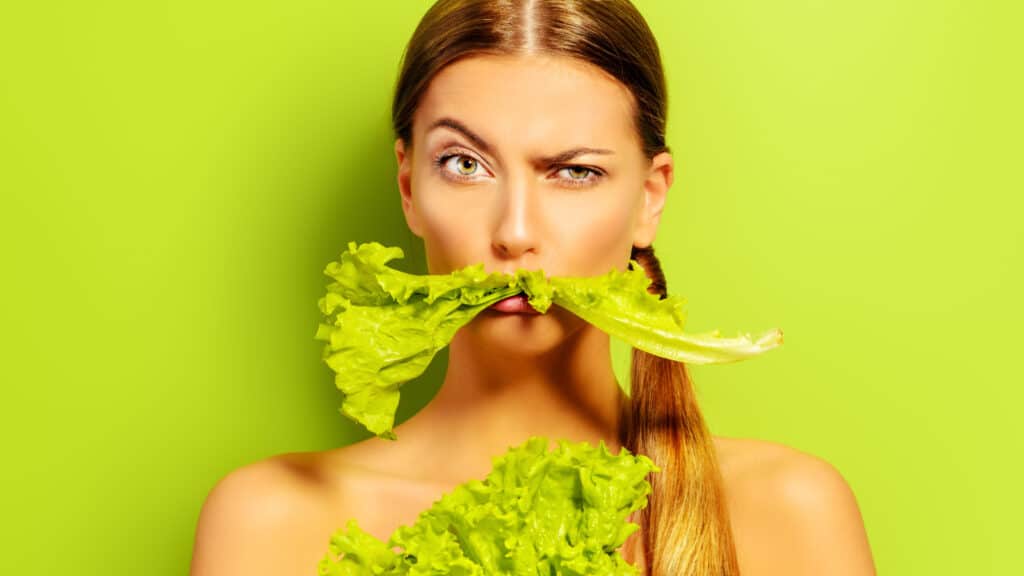
If a product touts itself as “natural”, “sugar-free”, “low fat”, “vegan”, “paleo”, gluten-free”, “dairy-free” or “preservative-free” would you think it was “better” for you? Why? If you do not have any gluten allergies or intolerances, you do not need gluten-free. Preservatives can save lives by maintaining food quality and safety. Many dietitians would rather have their patients enjoy a slice of birthday cake made with sugar than drink sodas every day made with non-nutritive sweeteners.
The Darker Realities
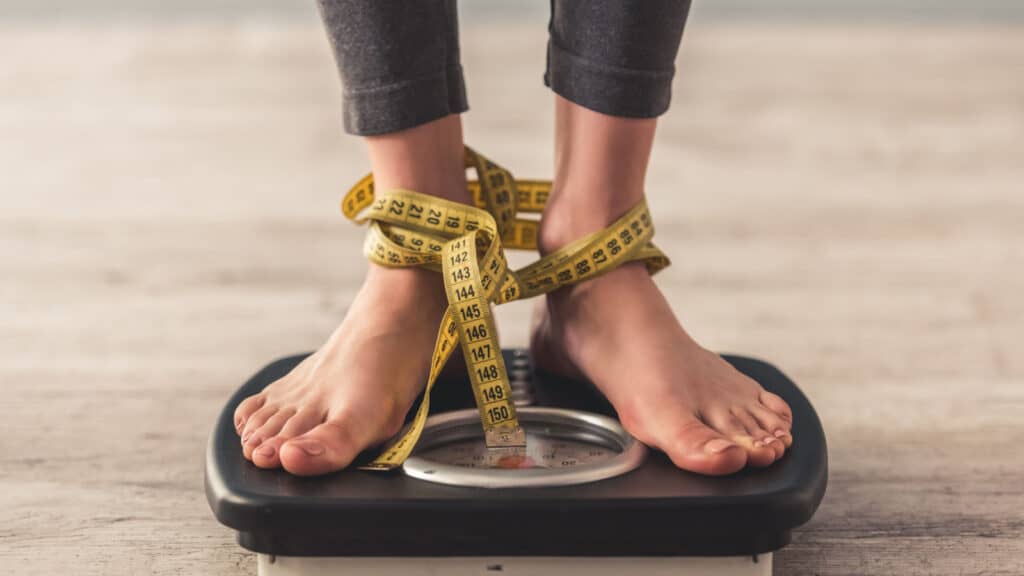
Yet, beneath the veneer of health-consciousness lies a shadowy underbelly. Clean eating, when taken to extremes, can foster unrealistic expectations and fuel disordered eating patterns. Studies underscore the prevalence of orthorexia nervosa, a condition characterized by an obsession with healthy eating, which can lead to emotional distress and functional impairment. The relentless pursuit of “clean eating” may inadvertently pave the path to malnutrition and psychological distress.
Navigating the Gray Areas

Distinguishing between conscientious eating and pathological fixation requires a nuanced understanding. While prioritizing nutrition and embracing wholesome foods is commendable, fixating on dietary rigidity can signal underlying issues. It’s crucial to recognize the warning signs of orthorexia nervosa, such as obsessive thoughts about food and avoidance of social situations involving eating. Working with a Registered Dietitian (RD) to determine the best diet for you is a great idea – and RDs are highly regulated and credentialed.
The Instagram Effect
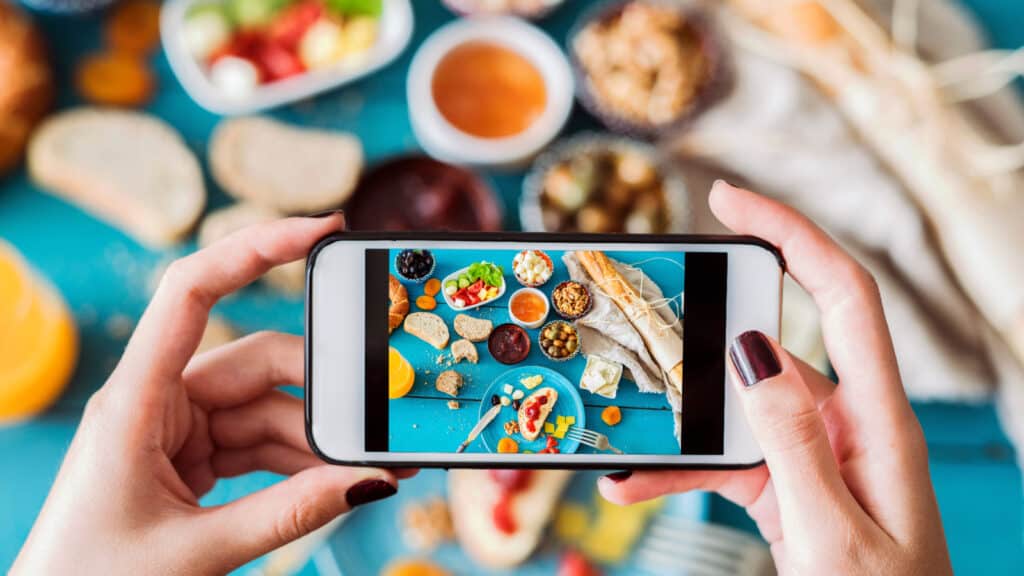
The omnipresence of social media, particularly Instagram, amplifies the allure of clean eating. Users are inundated with curated images of gastronomic perfection. And all the people eating this way are gorgeous and happy. All of this fosters an environment conducive to comparison and self-doubt. Research indicates a correlation between heightened Instagram usage and orthorexic tendencies, highlighting the platform’s role in shaping dietary attitudes and behaviors.
Regulation Could Be Coming
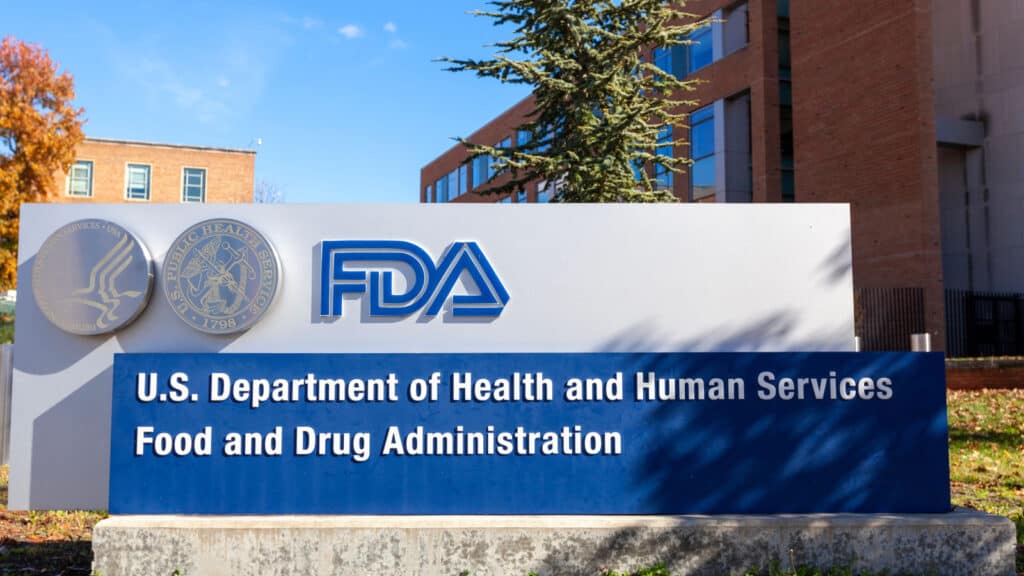
Suggestions have been made for the Food and Drug Administration to offer clear guidance to the industry and enforce labeling laws to prevent misleading claims on “clean” labeled food products. This could potentially decrease the spread of unsupported health claims and safeguard vulnerable individuals, including those with eating disorders.
Toward a Balanced Perspective
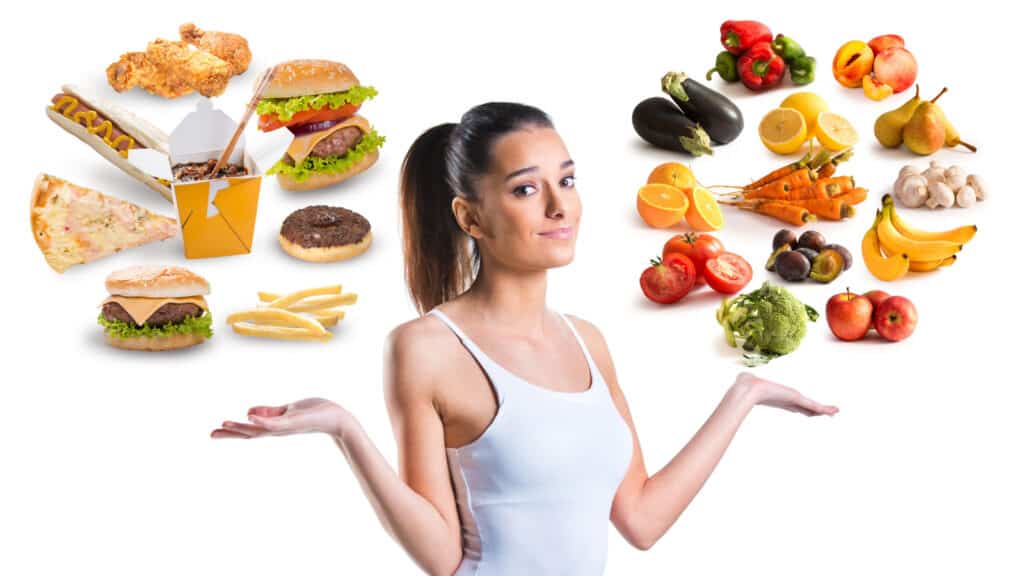
Finding balance is key. While aiming for a healthy diet is good, it shouldn’t be at the expense of your mental or emotional health. Being flexible and kind to yourself helps create a better relationship with food and your own well-being.
The Takeaway

Clean eating is about aiming for nutritious and energizing meals, but it’s important to avoid extremes. By staying balanced in our approach to nutrition and health, we can achieve true well-being and vitality.







